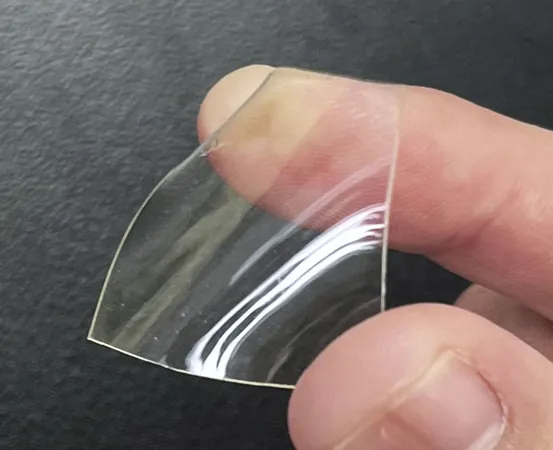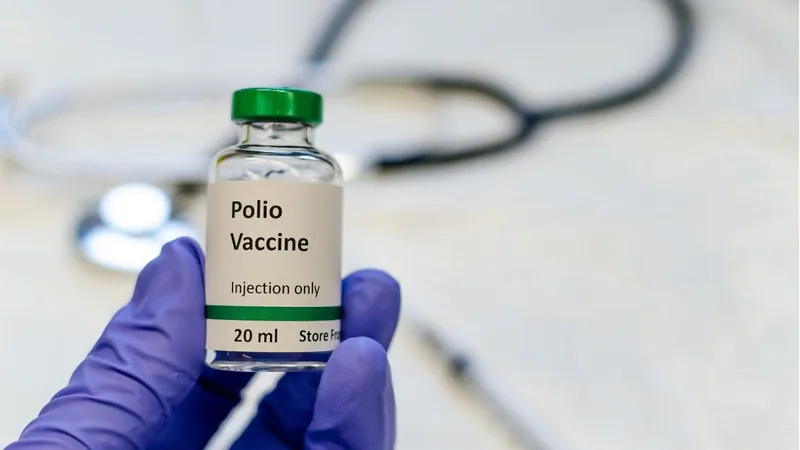
Breakthrough in Ocean-Friendly Plastics: New Material Dissolves in Seawater!
2024-11-21
Author: John Tan
Introduction
In a groundbreaking development, an international team of researchers has unveiled a revolutionary type of plastic that is capable of breaking down in seawater. This innovative advancement aims to significantly reduce environmental pollution and combat the alarming accumulation of plastics in our oceans, according to a recent publication in the prestigious U.S. academic journal, Science.
What is Supramolecular Plastic?
Dubbed "supramolecular" plastic, this new material boasts remarkable similarities to traditional petroleum-based plastics, including impressive tensile strength and the ability to be processed using existing plastic manufacturing techniques.
Composition and Dissolution Process
The research team, which includes esteemed scientists from Japan's RIKEN Center for Emergent Matter Science and the University of Tokyo, believes it could pave the way for a greener future. What makes this plastic especially unique is its composition. It is created using monomers sourced from common food additives and organic materials. When these agents are blended with water, they separate into two distinct layers. One of these layers can be dehydrated to produce an environmentally friendly substance.
Environmental Impact
According to Takuzo Aida, one of the lead researchers on the project, when exposed to saltwater, this material rapidly dissociates back into its original monomers, and further disintegration occurs due to the action of naturally occurring bacteria in the ocean and soil. Besides its biodegradability, this innovative plastic is also recyclable and nonflammable.
Potential Applications
The potential applications for this material are vast, with initial uses expected in precision machinery and architectural adhesives. Additionally, there are hopes that by enhancing its water-repellent properties, even more applications could emerge, furthering its utility in various industries.
Conclusion
As global concern over plastic waste intensifies, particularly in marine environments, this discovery comes as a beacon of hope. Estimates suggest that a staggering amount of plastic packaging and other debris is currently accumulating in the world's oceans, wreaking havoc on marine ecosystems and wildlife. Stay tuned as we continue to monitor the progress of this promising research and its potential impact on our planet’s environmental health. Could this be the game-changer the world has been waiting for in the battle against plastic pollution?




 Brasil (PT)
Brasil (PT)
 Canada (EN)
Canada (EN)
 Chile (ES)
Chile (ES)
 España (ES)
España (ES)
 France (FR)
France (FR)
 Hong Kong (EN)
Hong Kong (EN)
 Italia (IT)
Italia (IT)
 日本 (JA)
日本 (JA)
 Magyarország (HU)
Magyarország (HU)
 Norge (NO)
Norge (NO)
 Polska (PL)
Polska (PL)
 Schweiz (DE)
Schweiz (DE)
 Singapore (EN)
Singapore (EN)
 Sverige (SV)
Sverige (SV)
 Suomi (FI)
Suomi (FI)
 Türkiye (TR)
Türkiye (TR)